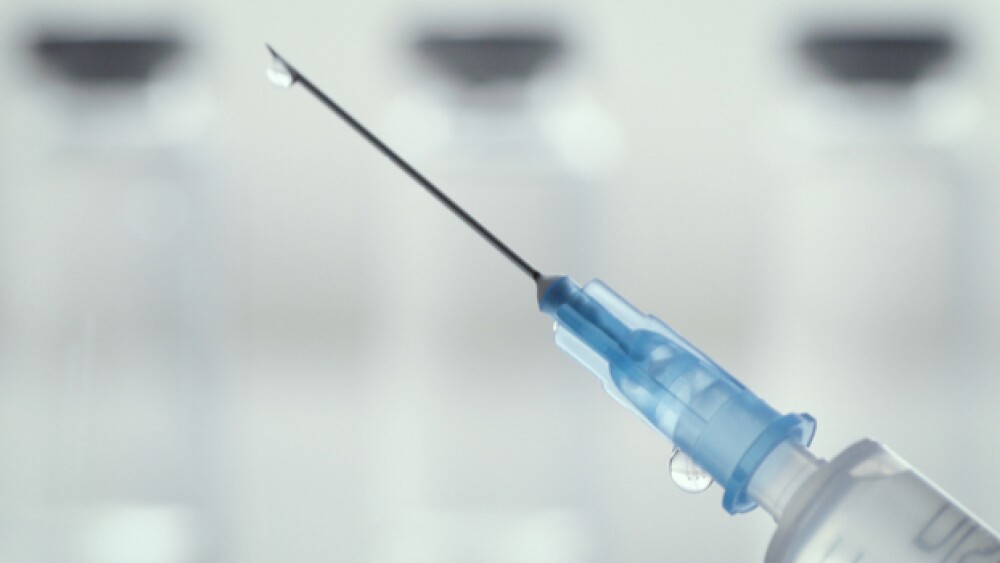In North America and across Europe, there is a growing distrust in vaccine safety. France posted the highest mistrust with one-third of people polled.
There is a growing mistrust over the safety of vaccines across the globe, according to a new report from the Wellcome Trust. The report reveals an increased concern regarding vaccine safety in the most developed nations of the world, particularly in North America and Europe.
The survey, which involved more than 140,000 people across 140 countries, showed that only 72% of people in North America and 73% in Northern Europe said vaccines are safe. The numbers dip significantly when other parts of Europe are included. In Western Europe, only 59% of people agreed that vaccines are safe and in Eastern Europe, the number was smaller at 50%. Looking at France specifically, the survey revealed that only one-third of the people polled believe vaccines are not safe. That was the highest percentage of any country worldwide.
In sharp contrast to the more developed parts of the world, the faith in vaccine safety is much higher in the poorer parts of the globe, the Wellcome Trust survey, which was conducted by Gallup, shows. The survey notes 95% of people in South Asia and 92% in Eastern Africa believe that vaccines are safe.
The survey noted that 92% of parents worldwide said that their children had received a vaccine to prevent them from getting childhood diseases, while 6% said they did not. Another 2% said they did not know. The highest percentage of parents who said their children did not receive a vaccine were Southern Africa, 9% and East Asia and Southeast Asia, 8%.
The anti-vaccine movement in the United States has grown in years due to a belief that the vaccines against childhood diseases are not safe and can (falsely) lead to the development of autism. In April, BioSpace reported the results of a survey that showed a significant number of people who are wary of vaccines have a deep distrust of the pharmaceutical industry. Also, the ones who most distrust the pharma industry believe the government protects the companies from liability due to the National Vaccine Injury Compensation Program. The federal program requires that anyone who claims a vaccine has caused any kind of injury must file a claim through this program.
Last year, reports showed the percentage of children in the United States who do not receive any vaccines has quadrupled since 2001. An analysis from the U.S. Centers for Disease Control and Prevention showed about 1.3% of children who were born in 2015 do not receive vaccinations. That number grew from .3% in 2001, the Washington Post reported at the time. While the number of children is small when taking into account the number of children born each year in the United States, the Post noted that the growing numbers of unvaccinated children have health officials worrying, particularly as a number of diseases such as measles are making a return to the United States.
As the anti-vaccination movement grows, so do the number of cases of previously controlled illnesses such as measles. This year there have been 626 confirmed cases of the measles, according to the CDC. The disease had been considered almost eradicated nearly 20 years ago. Outbreaks of the measles have surged across multiple communities in the U.S., including New York, where the outbreak has been severe. Earlier this year, New York City officials issued a mandate requiring that residents in parts of Brooklyn receive MMR vaccinations or face a fine of $1,000. Receiving both recommended doses of the MMR vaccine results in a 97 percent effectiveness in preventing the measles, the CDC said.
The Wellcome Trust report revealed that people who have high trust in doctors and nurses are very likely to consider that vaccines are safe. However, the survey added that this generalization is less true in Western and Eastern Europe.
Overall, the new survey showed that about eight in 10 people, 79%, “somewhat” or “strongly agree” that vaccines are safe. Of those polled, 7% “somewhat” or “strongly disagree” with the belief that vaccines are safe. Another 11% “neither agree nor disagree”, and 3% said they “don’t know.”
Newsletter Sign Up
Sign up to get the latest life sciences news and updates delivered straight to your inbox.





